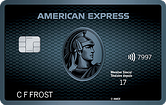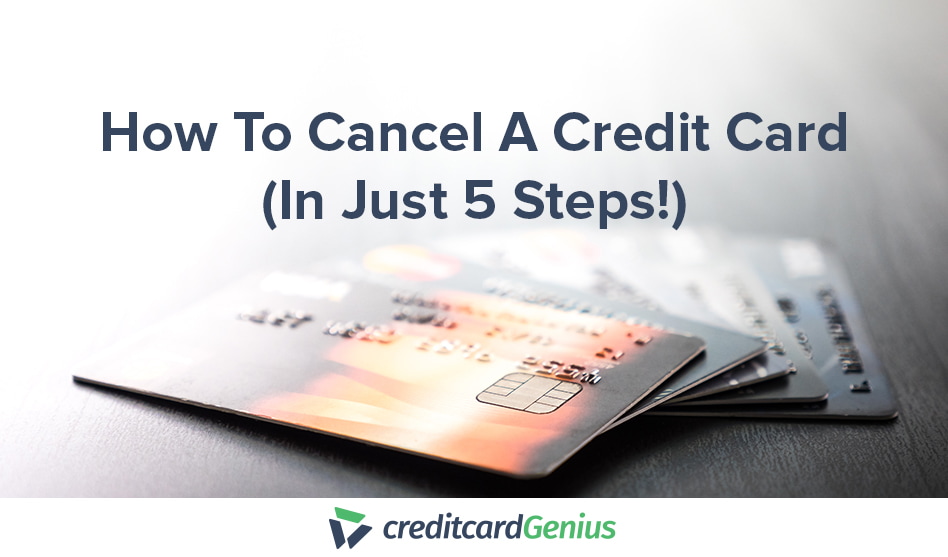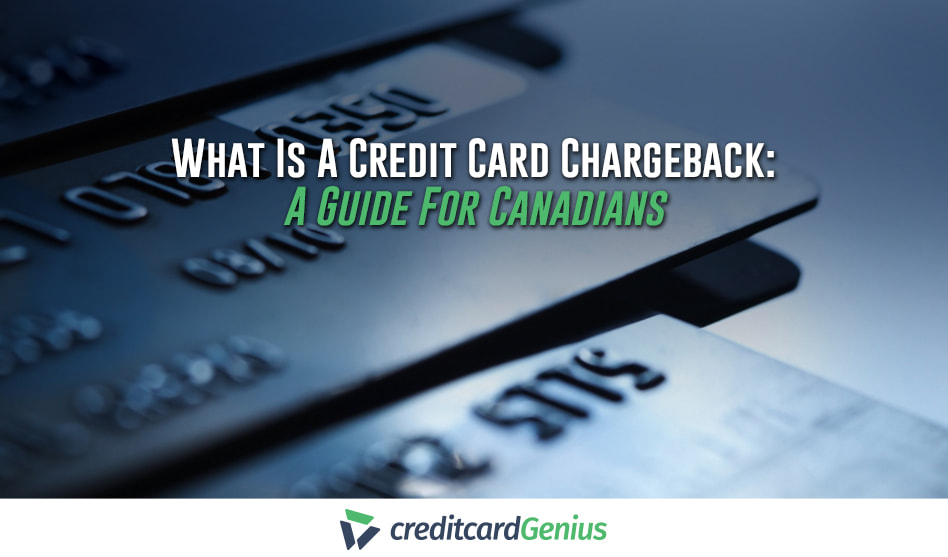If you’ve paid off a credit card, you’re probably curious whether cancelling the credit card will hurt your credit score. Before you reach for the scissors, consider the factors that make up your current credit score to determine how much of an impact closing the card will have.
Everyone’s situation is a little different, and there can be several scenarios when it makes sense to keep a card, but just as many when it's best to toss it.
Below, you'll find information on the effect cancelling your card could have on your score, as well as other details, like what happens to your reward points when you close an account.
Key Takeaways
- Closing a credit card with a lengthy history or high credit limit could damage your score.
- You might pay off a card, but keep it if you’re concerned about hurting your credit score.
- Check your credit report and score before deciding whether or not to cancel a card.
Never miss an amazing deal again + get our bonus 250+ page eBook for FREE. Join 50,000 other Canadians who receive our weekly newsletter – learn more.
How does cancelling your credit card affect your score?
The two credit monitoring bureaus, Equifax and TransUnion, look at a number of factors to generate your credit score. Cancelling your credit card can affect multiple factors.
Understand your credit score
Your credit score is a three-digit number from 300 to 900 that reflects your creditworthiness. Lenders look at your score to decide whether or not to extend you credit, and what sort of terms to offer you. Scores that are higher snag the best interest rates, while low scores might make it difficult to get approved for credit cards and loans.
Your score is constantly changing based on financial information the bureaus receive from your lenders and services you use.
In a nutshell, here are the factors that make up your score and how much weight they generally carry:
- Payment history: 35%
- Credit utilization: 30%
- Length of credit history: 15%
- Application frequency: 10%
- Mix of credit types: 10%
Your credit utilization
Your credit utilization ratio is the amount of credit you’re using compared to how much credit you have available overall. It’s usually expressed as a percentage, and lenders want you to have 30% or less.
For instance, if you have credit cards with $4,000 in debt and the overall credit limit for the cards is $8,000, you’re using 50% of your available credit.
Now, let’s say you pay off the card with the smallest balance. So, now you have only $3,500 in debt. However, you also reduced the amount of available credit to $6,000. Your new credit utilization ratio is now 58%, which will hurt your score.
Remember, this makes up 30% of your credit score, so you’ll see a significant impact.
Your credit history
Your history of payments has the most significant impact on your credit score. This is why so many experts recommend paying your bills on time and in full, especially when it comes to your credit card.
In this sense, cancelling your credit card won’t impact the history as much as missing payments will.
Your credit mix
It might seem counterintuitive, but the credit bureaus like to see a mix of credit types, including revolving credit (like credit cards) and loans (like mortgages, student loans, or auto loans).
If you cancel your only credit card, you might see your score drop since you’re losing some of that variety the bureaus love.
When should you cancel a credit card?
Although cancelling a card isn’t the right move for everyone, if any of these sounds like your situation, you may want to:
- Your card has high annual fees. Maybe you took out the card thinking you’d get more value out of it than you did, but you no longer want to pay to keep it.
- You struggle with maxing out the card. If you’re unable to spend within the card’s limit, you might want to work on your personal budget or speak with a credit counsellor. If those don’t work, cancelling your card is an extreme, but effective option.
- You’ve had the card for at least a year, but want a different one. Wait until you’ve had the card for at least a year, or cancelling it could be a red flag to card issuers. Fortunately, since you’ve had it for so little, it shouldn’t impact your credit history too much.
When should you keep a credit card?
If any of these scenarios sound familiar, you might think twice about cancelling your card:
- The credit card is your oldest card, and there are no fees. Cancelling the card could shorten the length of your credit history, causing your score to drop. Why not hang onto the card if you’re not paying an annual fee?
- You’re applying for a mortgage soon. Even a tiny drop could impact a big financial decision like applying for a mortgage or auto loan.
- The card has a high credit limit, and you have other credit card debt. If you pay off and cancel this card, it will reduce the amount of available credit, throwing off your credit utilization ratio.
- If you use the rewards and benefits. This is a bit of a no-brainer, but you don’t want to cancel a card if you’re enjoying some of the perks that come with it.
What to do before cancelling a credit card
If you’ve given it a lot of thought and decided to go ahead with cancelling your card, here’s how to proceed:
Pay or transfer your balance
Although you can technically cancel a card with a balance, you’re still responsible for paying it back.
It’s much better to pay off the balance or use a balance transfer credit card to pay off the balance before cancelling.
Wait for your rewards
Don’t lose all your valuable rewards by cancelling your card before redeeming them.
Some cards allow you to redeem at any time, while others make you wait for the card’s anniversary. If you have a significant amount of rewards to get, it makes sense to wait until the anniversary to cancel your card.
Use all your rewards
Some of the more premium credit cards offer rewards and benefits, such as annual travel credits. Read your card’s terms and conditions so you don’t leave valuable perks on the table when you cancel.
Update your recurring payments
Take some time to log into all your accounts and services that are tied to the credit card and update your payment systems.
You don’t want to have an interruption in service or miss shipments of your subscriptions just because you forgot to update the payment information.
Confirm your card cancellation
If you’re cancelling the card over the phone, ask the customer service representative to provide you with written confirmation of the cancellation and ask them to specify that the account balance is at zero.
Replace your credit card
It’s absolutely fine to shop around for a better credit card. After all, your spending habits and financial goals may have changed, and a different card might make more sense for you. That said, keep your old credit card while you look. You might even decide to keep it after you get the new card (as long as you’re not paying an annual fee).
If you’re looking for a card with no annual fee, check out the Rogers Red World Elite Mastercard or any of the others on our best of list.
To get a card with low interest rates, look into the MBNA True Line Mastercard, which also offers a zero percent balance transfer promotion.
If you’re searching for a card with the best rewards, consider the American Express Cobalt Card, our top credit card pick for the last eight years in a row.

Transfer your balance
If you’ve got several credit cards with balances and you’re finding it tricky to make all the minimum payments every month, a balance transfer credit card might make sense.
Balance transfer credit cards usually give a great promotional interest rate on balances you transfer to the new credit card. Many even offer a zero percent balance transfer for up to a few months.
Once you open the new balance transfer card, you essentially pay off the other cards with the new card. The balance on the new card should be charged a lower interest rate (at least for a while), which gives you a chance to pay down your debt. Plus, you’ll only have a single monthly credit card payment.
Just be aware that you can’t open a balance transfer credit card with a card issuer you already use.
How to close your credit card
Once you’ve redeemed all eligible rewards and paid off or transferred the balance, you’re ready to cancel the card.
You can either head into a local branch and ask a representative to cancel the card or call the customer service line on the back of your credit card. Either way, they should be able to close your card within just a few minutes.
Don’t forget to ask for confirmation and check your credit report about a month later to ensure the card is listed as closed.
FAQ
Is it better to cancel a credit card or keep it?
There’s no quick answer to cancelling or keeping a card. Whether or not you cancel a credit card depends on your credit score and personal situation, so consider the pros and cons before closing the account.
How much does my credit score go down if I cancel a credit card?
The impact on your credit score depends on your personal credit score. Remember, credit monitoring bureaus look at your credit mix, credit history, and credit utilization, weighing them differently to come up with your score.
How can I close a credit card without hurting my credit?
Ensure that you’re not closing a credit card that you’ve had the longest or closing your only credit card, which could throw off your credit mix. Then, make sure you pay off the balance before cancelling the card.
Is it bad to close a credit card with a zero balance?
If you’re going to cancel a card, the balance should be zero. However, if it doesn’t charge annual fees, you might consider keeping it. You don’t have to use it, but it’s probably helping your credit score.
What happens if I don't use a credit card?
Depending on the card issuer, you might be charged an inactivity fee, or they may close the card. To prevent this, make a purchase every once in a while and pay it off to keep the card in good standing.
Should I cancel my old credit card before getting a new one?
You aren’t required to cancel an old credit card before getting a new one, and doing so could potentially hurt your credit history. It’s fine to keep the card, but primarily use your new one.
creditcardGenius is the only tool that compares 126+ features of 228 Canadian credit cards using math-based ratings and rankings that respond to your needs, instantly. Take our quiz and see which of Canada's 228 cards is for you.




 ×2 Award winner
×2 Award winner 

 $100 GeniusCash + Earn up to 15,000 Welcome Bonus Membership Rewards® Points.*
$100 GeniusCash + Earn up to 15,000 Welcome Bonus Membership Rewards® Points.*






































Comments
Leave a comment
Required fields are marked with *. Your email address will not be published.